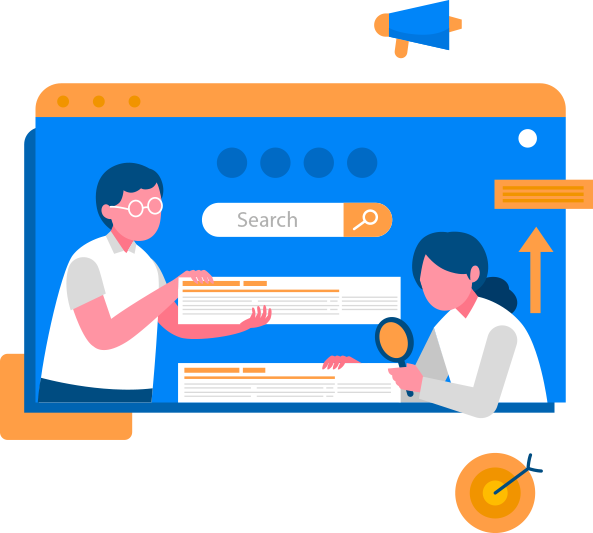A Guide to Planning for Your Financial Future
It's never too early to start planning for your financial future. Whether you're just out of college and starting your first job or you're a few years into your career, it's important to think about your long-term goals and how you can achieve them. Here are a few tips to get you started.

